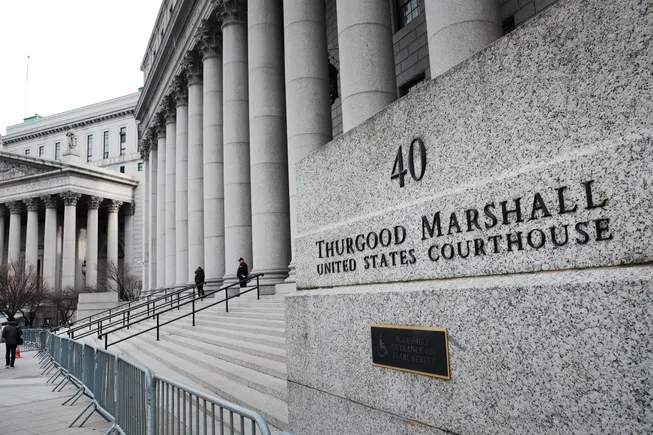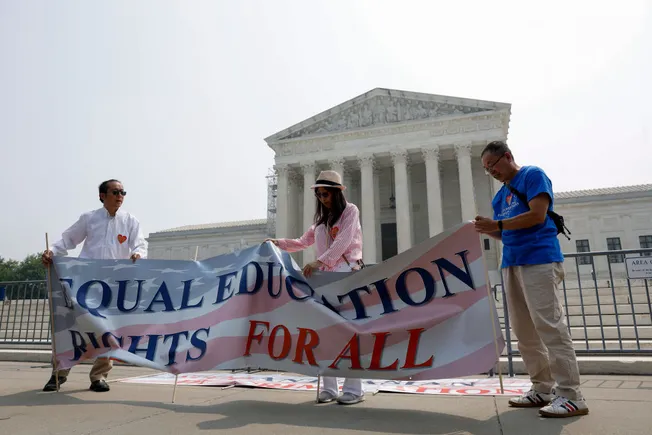Dive Brief:
- A district court may decide whether New York’s law prohibiting employment discrimination on the basis of an employee’s reproductive health decision-making violated a group of Christian plaintiffs’ rights to expressive association, the 2nd U.S. Circuit Court of Appeals held Jan. 2.
- In CompassCare v. Hochul, the plaintiffs, led by Christian pregnancy care center CompassCare, challenged the state’s anti-discrimination law on constitutional grounds, alleging that it violated the First Amendment guarantees of free speech, free exercise of religion, expressive association and religious autonomy.
- The district court granted the state’s motion to dismiss each of the plaintiffs’ claims. The 2nd Circuit upheld all dismissals except for that of the plaintiffs’ expressive-association claims, which it vacated and remanded to the district court for consideration with respect to a 2022 decision that dealt with similar claims.
Dive Insight:
New York’s law, also known as the “Boss Bill,” prohibits employers from accessing an employee’s personal information regarding the employee’s reproductive health decision-making or that of the employee’s dependents.
Employers also may not discriminate with respect to pay, terms or conditions of employment on the basis of such decision-making, nor can they require employees to sign a waiver or other document that would deny the employee the right to make their own reproductive healthcare decisions.
In its 2023 Slattery v. Hochul decision, the 2nd Circuit held that a crisis pregnancy center plausibly claimed that the Boss Bill’s anti-discrimination provisions burdened its right to expressive association because the law allegedly forced the center to employ individuals who acted against its mission. The case was remanded to a district court for further proceedings and remains in litigation, according to court documents.
Slattery did not address the scope of an employer’s freedom of expressive association, the court said in its Jan. 2 ruling. In CompassCare, however, New York argued that employers do not have the same expressive-association rights as voluntary membership organizations.
The 2nd Circuit refused to adopt the state’s position that employers may not challenge the applicability of a law that allegedly burdens their freedom of expressive association. But the court also noted that employers cannot shield themselves from anti-discrimination laws by claiming that acceptance of a person from a particular group would impair the employer’s mission.
“For an employer to make the showing required by Slattery, it must show that the Act threatens its very mission not only in a vague and generalized sense, but in the context of a specific employment decision,” the 2nd Circuit wrote. It identified two specific areas of consideration for this inquiry: the responsibilities of the position at issue and the particular conduct or attribute of an employee that renders the person’s employment a threat to the employer’s mission.





Leave a Reply